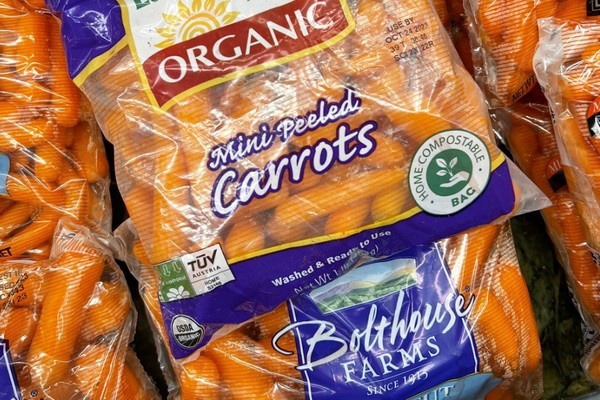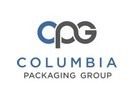While there is a lot of talk about the role of sustainability these days, in packaging in particular, where are things at? Michael Delano of the Columbia Packaging Group shares some insights into the adoption of sustainable packaging in produce today.
Opting for less
By far, one of the biggest trends being seen on store shelves might be the use of less packaging overall in produce. "So there's less plastic in the rigid side of packaging but it's also happening in flexible plastics–the latter is what we work in. In flexible, it may be less multi-layer laminate plastics versus the mono-layer," says Delano.
One segment of the produce category that's particularly driving the sustainability momentum would be organic produce. "There's a lot of alignment between organic product and sustainable packaging," he says. "Usually the organic consumer is already in the mindset of already buying with sustainability in mind."
That said, conventional produce is also exploring these avenues and Delano says the company, which offers the Biolo® line of TUV-certified Home Compostable products, is trying to meet companies wherever they are at in their sustainability journey. For some that might mean switching to single-layer flexible plastics and for others, it might mean moving to certified composable plastics.
Recyclability versus home compostables
Speaking of which, it wasn't that long ago that the move in packaging was towards recyclables. "When we started the Biolo brand in 2021, we would talk to customers about opportunities and people didn't understand home compostability versus recyclability. There was still a lot of training or educating the market on that," says Delano. "Now, people we talked to a few years ago are circling back with us saying, hey, let's chat again."
 © Columbia Packaging Group
© Columbia Packaging Group
Part of that could be the increasing concerns that recyclable packaging is not actually being recycled by municipalities that don't always have the proper infrastructure for recycling. Instead, that packaging runs the risk of being sent to the landfill as part of general waste.
That means there's a continued exploration into home-compostable products which are plant-based materials that break down into high microbial environments. "The end of life story on these products is usually better. Certified home compostable means our films and bags are proven to fully break down in a home compost environment within one year. If disposed of in a landfill, conditions are different, and the breakdown rate will vary," says Delano.
Trends ahead
No doubt, Delano sees greater adoption ahead of home-compostable products. However that also means adoption "behind the scenes" so to speak. "For example, we're working with a company offering compostable cups and we make packaging for them," he says. "I think a trend is a collaboration between all these companies getting into sustainability which in the end, makes for a more holistic approach in the offering."
That in turn, will help with the affordability of sustainable, home compostable packaging. "There's still a disparity on pricing. Companies want to be sustainable but they want to maintain their bottom line, though that gap is closing. More interest from big companies drives volumes which will help pricing," he says, adding that Biolo is the company's sustainability portfolio, offering both PCR and certified home compostable options which gives customers flexibility to move forward at the stage that best fits their sustainability goals.
 For more information:
For more information:
Michael Delano
Columbia Packaging Group
https://www.columbiapkg.com/
